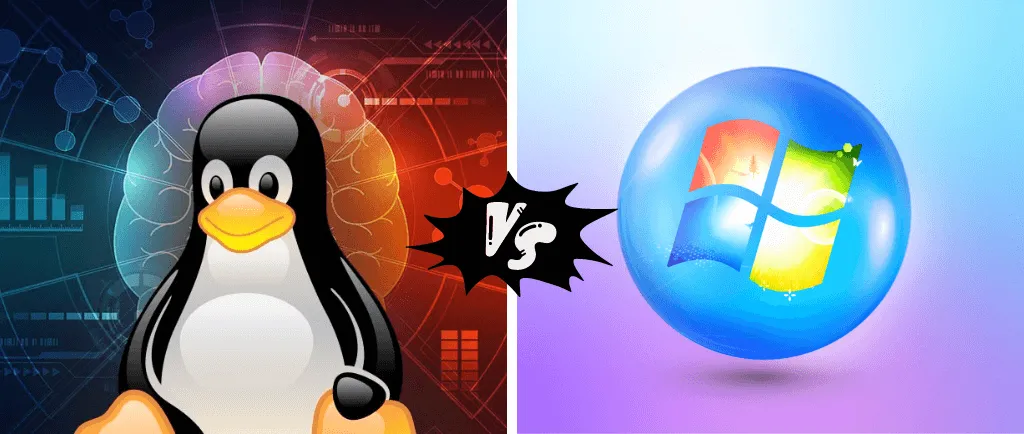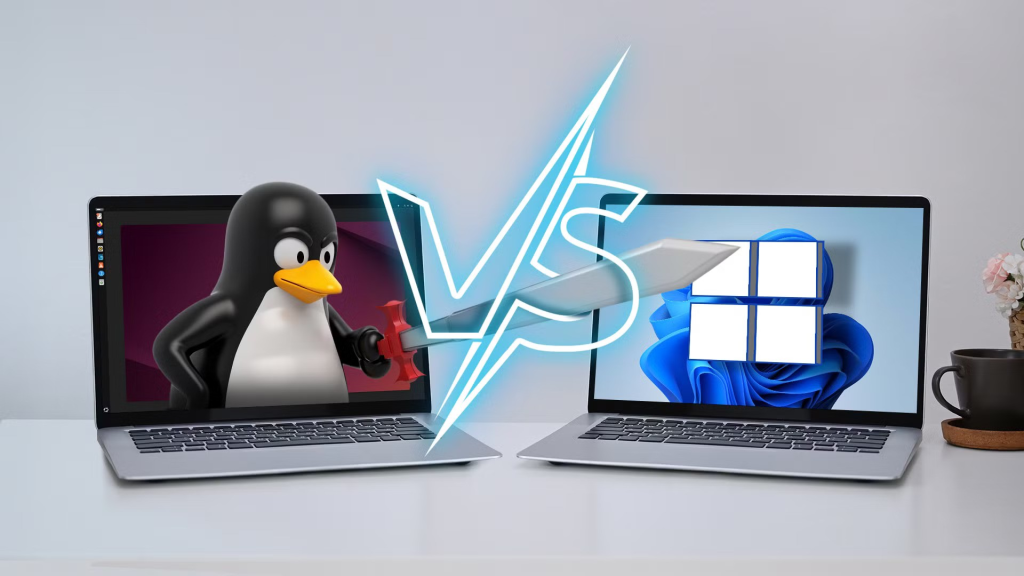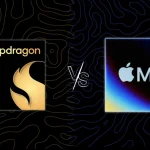
When choosing an operating system, two names dominate the world of technology: Windows and Linux. Both possess strengths and weaknesses alike and both impress users with different intentions. Whether you’re a new user looking for ease or a programmer on the lookout for versatility, this guide will help explain why Windows and Linux differ—along with allowing you to select which of the two will best suit your requirements.
1. User Interface and Ease of Use
Windows:
Windows contains an easy-to-use interface. It’s of the people, by the people, and has a graphical user interface (GUI) that is easy to handle. From installs to setting configurations, everything lies at the users’ fingertips, just a matter of a couple of clicks. That’s the reason Windows dominates the personal computer market.
Linux:
Linux has improved in usability. Modern Linux distributions (e.g., Ubuntu, Linux Mint, or Fedora) offer minimalistic interfaces and pre-installed software that render them easy to use for new users. However, Linux is still not a walk in the park—especially when dealing with command-line operations.
Winner: Windows for beginners; Linux for those seeking customization.
2. Performance and Speed
Windows
Over time, Windows has added system services and background processes. While it does well on fresh machines, it slows down when run on old hardware.
Linux:
Linux is extremely lightweight and low-maintenance. It puts new life into old hardware and offers better performance for coding, server management, and multitasking. Most Linux distros can run on a paltry 512MB of RAM.
Winner: Linux, especially on budget hardware.

3. Security and Privacy
Windows:
Windows is an easy target for viruses and malware due to how popular it is. While Microsoft has come a long way in security (especially with Windows Defender), there is still some danger. Privacy concerns over data collection have been raised with the more recent versions of Windows as well.
Linux
Linux is inherently more secure due to a permission-based configuration and open-source nature. Security patches are ongoing, and viruses are very rare. Linux also cares much more about user privacy than Windows.
Winner: Linux.
4. Availability of Software
Windows:
Windows supports a broad spectrum of software ranging from productivity software like MS Office, resource-intensive games and creative software like Adobe Premiere Pro and Adobe Photoshop. It’s the gamers’ and experts’ go-to whenever proprietary software is required.
Linux:
Although there are open-source alternatives (e.g., LibreOffice, GIMP, Kdenlive) for Linux, some very popular apps do not natively run. However, due to apps like Wine and Proton, one can successfully install a variety of Windows software on Linux.
Winner: Windows, for wider software compatibility.
5. Customization and Control
Windows:
Windows is not very customizable. You can change themes, wallpaper, and a few settings—but the underlying system is closed-source and less flexible.
Linux:
Linux is control and customization. You can adjust almost every element of the OS. Want to make your own distro? Go for it. From the desktop environment all the way down to the kernel, Linux lets you customize everything.
Winner: Linux, by a mile.
6. Cost
Windows:
Windows licenses can be expensive. While many PCs come with Windows pre-installed, buying a standalone version costs money.
Linux:
Linux is 100% free. You can download, install, and even modify it without spending a dime.
Winner: Linux.
So, Which OS Should You Choose?
Choose Windows if:
You’re a beginner or casual user.
You play a lot of games or need software like Microsoft Office or Adobe Creative Suite.
You prefer plug-and-play functionality without much tech hassle.
Choose Linux if:
You want a free, open-source OS.
You’re a developer, system administrator, or tech enthusiast.
You prioritize security, performance, and privacy.
You’re using older hardware.
Final Thoughts
Both Windows and Linux have their place in the computing world. Windows is perfect for general consumers, gamers, and professionals who rely on commercial software. Linux, on the other hand, offers power, flexibility, and freedom—ideal for developers and privacy-conscious users.
If you’re curious, why not try both? Install Linux alongside Windows (dual-boot) and experience the best of both worlds.



